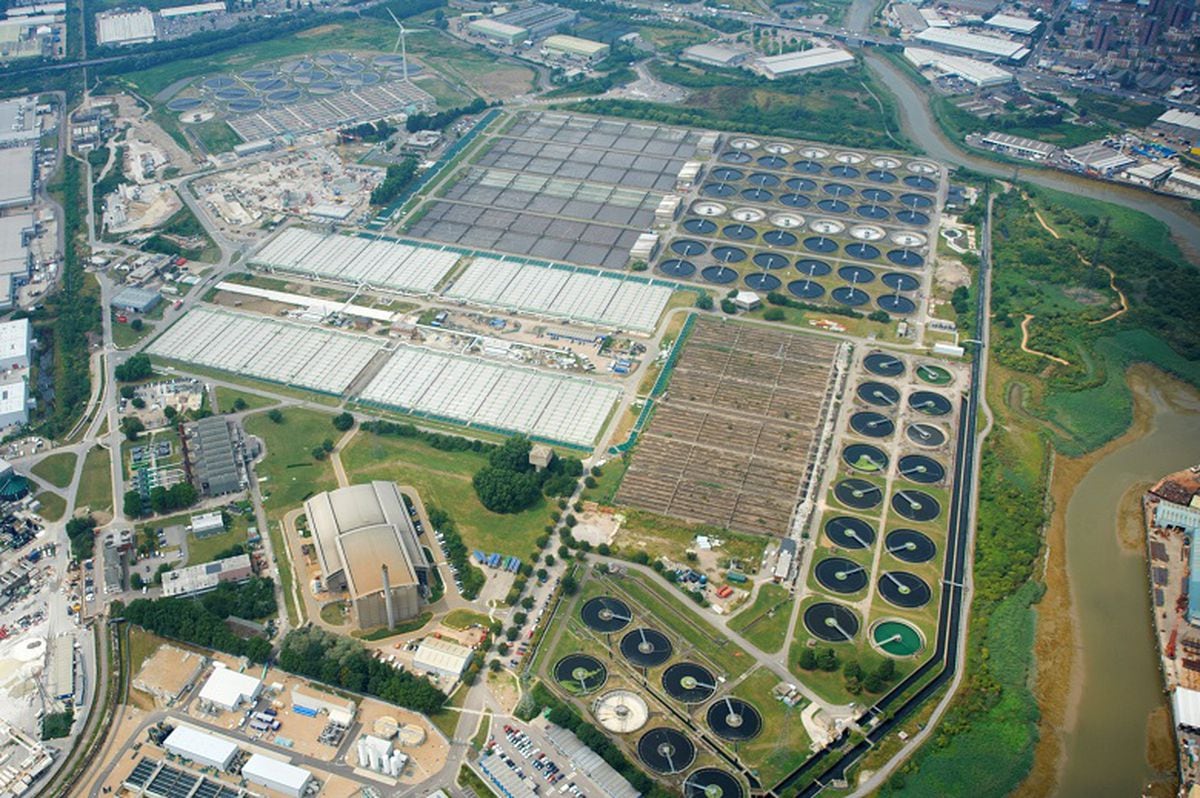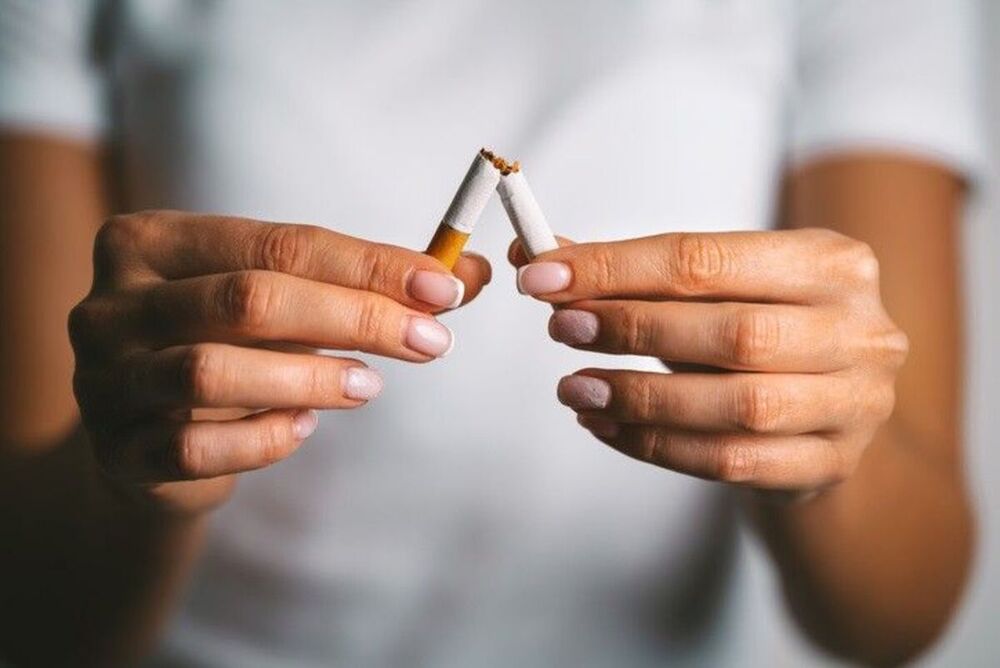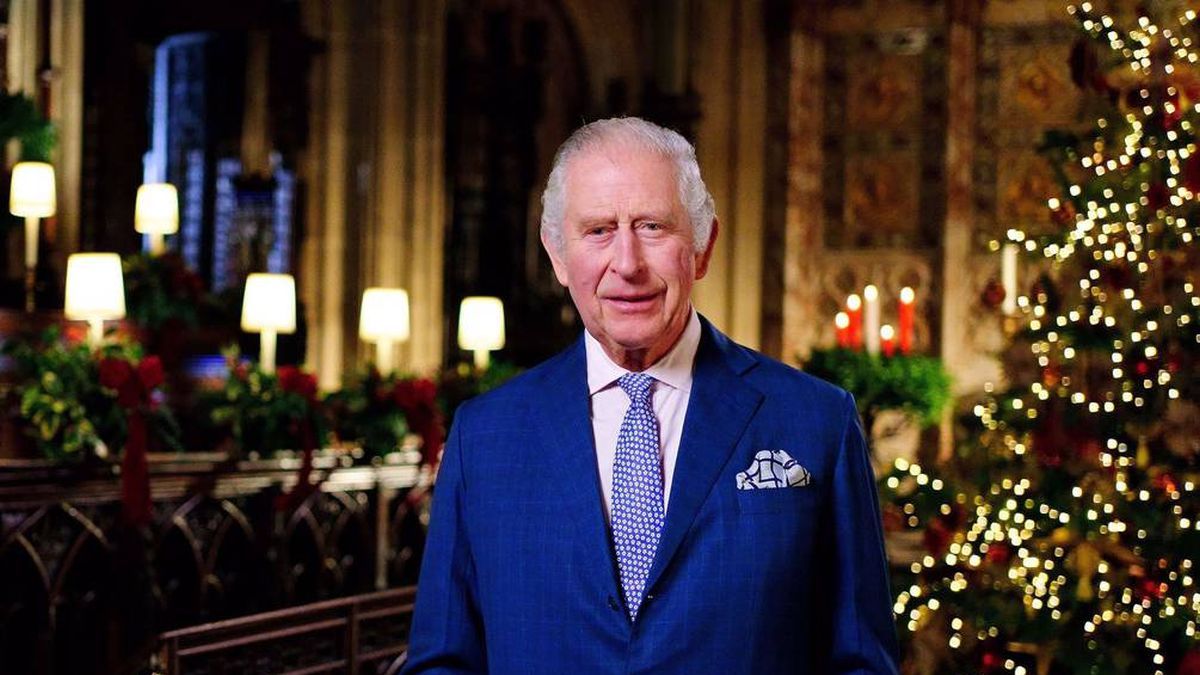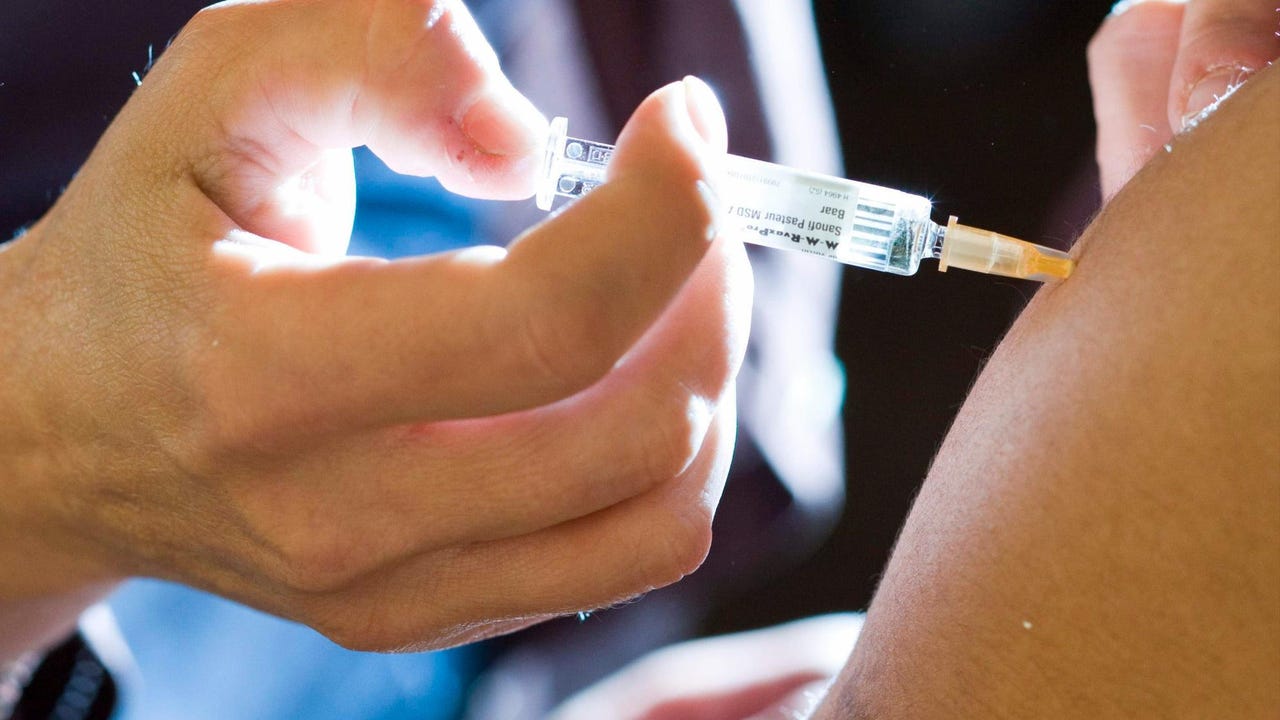British health authorities have concluded that there has been human-to-human transmission of the poliovirus in certain areas of London in recent months. The disease was eradicated from the UK in 2003, so the signs detected have alarmed the Health Safety Agency (UKHSA) enough to declare a “national incident”. This is a step before the declaration of an emergency, and requires a detailed investigation of the warning.
Between February and May this year, several very genetically similar virus samples were detected at the Beckton wastewater treatment plant, east of the British capital. The factory serves more than four million residents.
Until more than a decade ago, the UK provided the oral polio vaccine, which contains an “attenuated” version of the virus capable of stimulating the immune system. This type of vaccine is only used in a limited number of countries. In the West, polio immunization is now carried out with an “inactivated vaccine”, which contains a dose of the dead pathogen. They need a booster shot to stimulate the defenses effectively, but they avoid the risk of the virus mutating and becoming lethal.
It is normal, during routine inspections, that every year several samples of the oral vaccine virus are found in UK wastewater, still very much in campaigns in countries such as Pakistan, Afghanistan or Nigeria. The conclusion, invariably, was that it came from someone who brought the virus to the UK. The seriousness of the recent discovery lies in the fact that the samples detected, similar and persistent over a period of time, correspond to the poliovirus Type 2 (VDPV2), a “vaccine-derived” mutation that can cause serious illness, such as paralysis. , in unvaccinated persons.
“Vaccine-derived polioviruses are extremely rare, and the health risks to the population remain very low,” said Dr Vanessa Saliba, UKHSA Epidemiology Advisor. “However, they have the ability to spread, especially in communities where vaccination rates are low,” said Saliba, who has asked parents whose children do not have the latest immunology cards to see a pediatrician immediately. The vaccine is given as a three-dose course. Before one year old; at the age of three, and finally at the age of 14. If 92% of minors across the UK have completed their immunizations, in the case of London the figure is 86%. Although the World Health Organization considers the UK to be a country where polio is being eradicated, with a very low risk of transmission due to high vaccination rates, immunization rates are starting to slow.
“Most Londoners are protected from polio and don’t need to take extraordinary measures,” said Jane Clegg, chief nurse at the NHS in London. “But the NHS will start contacting parents of children under five who don’t have the latest cards to encourage them to do so,” Clegg said.
So far, health authorities have not treated patients with symptoms of the disease. Polio is usually transmitted by people who have not washed their hands after defecating and touching food or water that other people eat. In rare cases, transmission can occur through coughing or sneezing. Most of those infected do not show any symptoms, or only have a flu-like illness for two or three weeks. But in some rare cases (one in 100 to one in 1,000), the virus can attack the nerves in the spine or the base of the brain, causing paralysis, usually in the legs. If it affects the muscles that control the respiratory system, the results can be fatal.
British health authorities have expanded investigations to areas bordering the wastewater treatment plant where samples were detected, and have put health workers on alert to monitor the possible appearance of patients with symptoms.

“Internet trailblazer. Troublemaker. Passionate alcohol lover. Beer advocate. Zombie ninja.”







/cloudfront-us-east-1.images.arcpublishing.com/eluniverso/FTEC73B3HFHWHOUJFHJPCYHHY4.jpg)